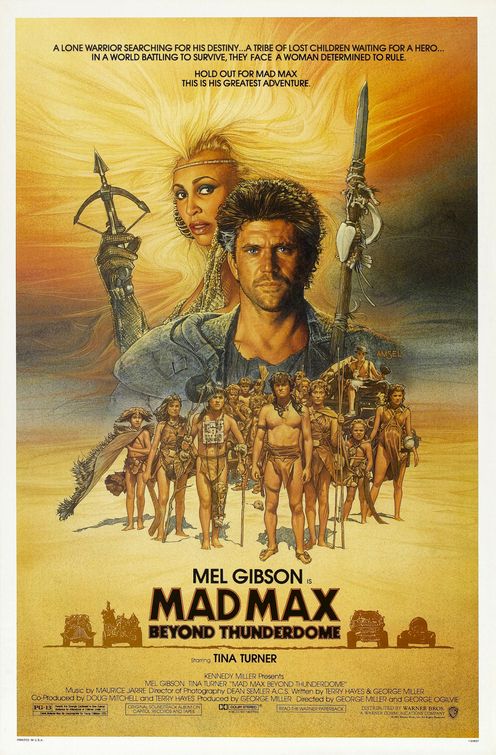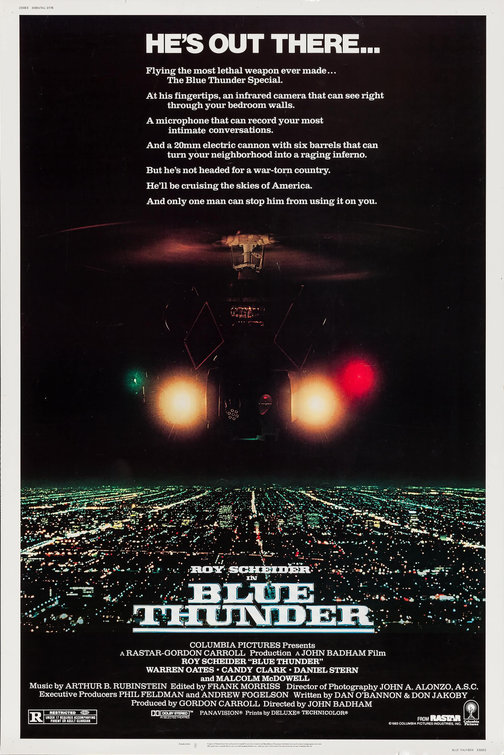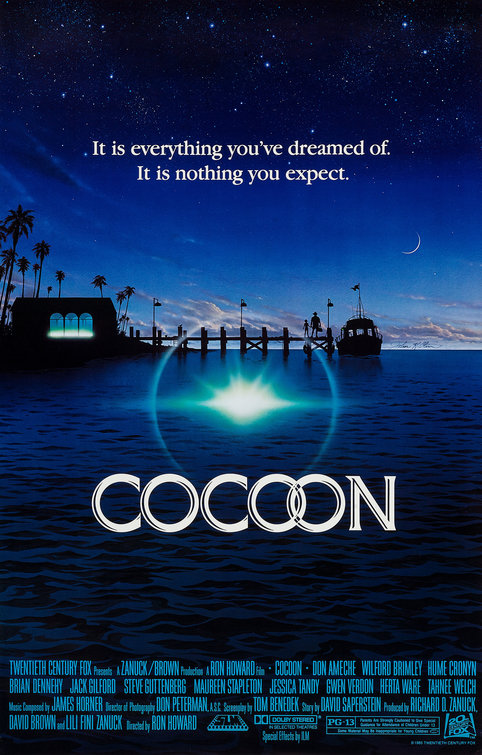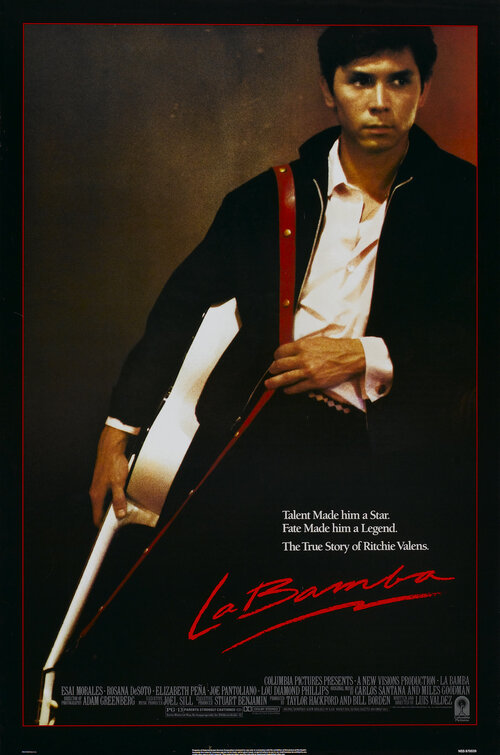Let me say right off the bat, any resemblance between me and Mark Harmon is a figment of your imagination. On the other hand, there are way too many similarities between Mr. Shoop, the character Harmon plays in this movie, and my own Summer School experiences. To start off with, this is a Carl Reiner film, and although I’d forgotten he was in it, I did remember that the need for a Summer School teacher was a result of a teacher bailing out on a Summer assignment. When I was a freeway flyer in the early 80s, I only got a Summer class when someone dropped out at the last minute or a class was added due to enrollment. Unlike Mr. Shoop though, I was happy to have a class. I was a young married, getting by on part time assignments, I needed the cash.
Also like our lead character here, I treated Summer classes differently. Not by taking them less seriously, but by developing a closer relationship to the students. In summer, college classes met daily rather than just twice a week. I got to know my students and enjoy a little more social interaction rather than just perfunctory. I never took all my students to the go kart track, but Mr. Shoop and I dressed exactly the same for classes in the summer, Aloha shirts and shorts, usually flip flops, occasionally sneakers. I’m not ashamed to say I still have all of the 80 or so Aloha shirts I acquired in those years. The movie is a little casual about actual teaching, but that’s sort of the point.
So Harmon is reluctantly recruited to teach remedial English to a group of kids who seem unmotivated. In the best tradition of underdogs overcoming adversity, he finds ways to motivate them and himself. He pushes some boundaries but never crosses the line with the girls in the class. The students start to take advantage and things get out of hand, thus the comedy. There are also a couple of poignant moments in the film. The attempt to get the students motivated by having them write letters to companies they have complaints with, reminds me of an assignment my wife used to assign her students to help them learn letter writing form. Obviously it is a fantasy version of teaching but it is a lot of fun.
As a movie fan, the film is also fun. It is full of references to other films. There is a lot of Texas Chainsaw Massacre, references to An American Werewolf in London, and there are movie posters for surf films everywhere. There is a studying montage that mimics all kinds of film montages. Kirstie Alley is fun supporting romantic interest, but that is not the real focus of the story. The outcome of the big test at the end is a lot more realistic than you might expect, with a little bit of a “Music Man” finish.
“Summer School” is a very typical teen movie from the 80s. I might have been a little old for it, but teaching Summer School myself gets me a pass in that department. I only wish I could have brought my dog to class with me.













